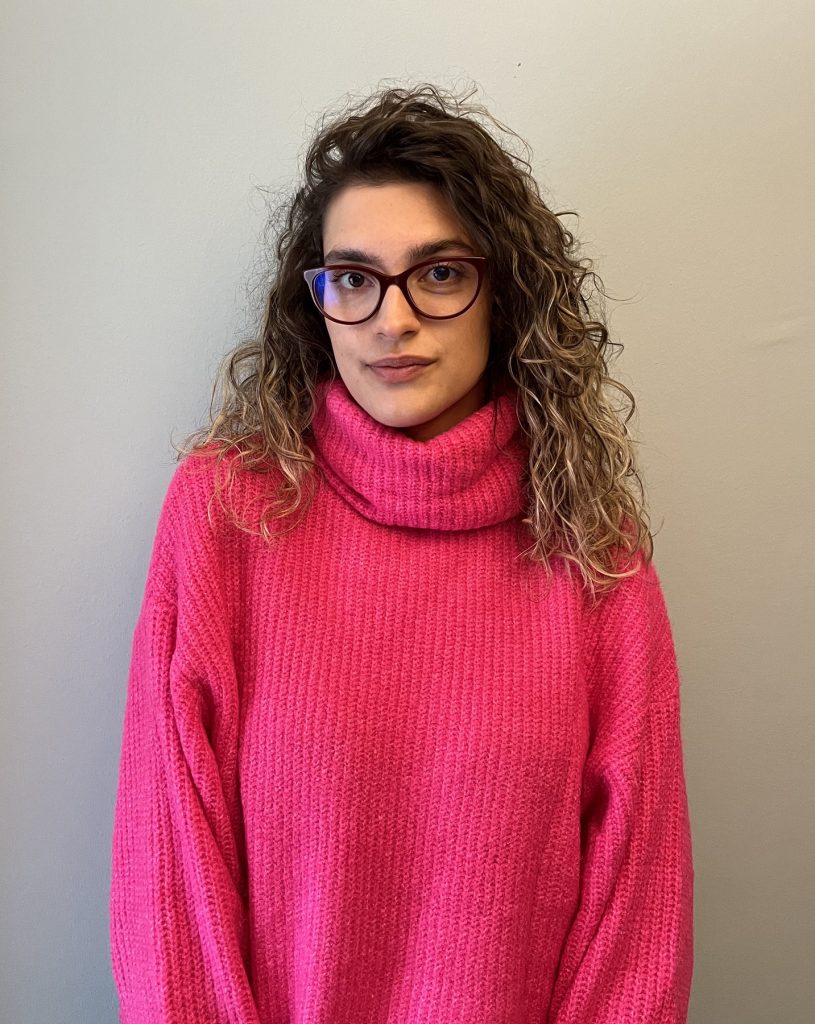What is your profession, and how long have you worked in it?
I am a computer scientist, and until now, my professional career and role as a researcher have been oriented to this area.
Since I was a child, I have been inquisitive, and I have always liked to try to understand the why of things. This, combined with the fact that my favourite subjects at school were science and mathematics, led me to focus my studies on engineering and computer science.
I am currently working at the Supercomputing Center of Castilla y León (SCAYLE), and I combine it with my doctoral studies, thus maintaining the link with research.
When did you land in the world of quantum computing?
Relatively recently. A couple of years ago -at the most- I started to notice the irruption that quantum computing was having in the world in general, both at the research level and in the private sector. At that time, and out of sheer curiosity, I became interested in the subject. I read a popular article to know and understand the boom it was having, and I loved it.
At the beginning of this year, I found out about the possibility of being part of the network of technicians of the Quantum Spain project, and I did not hesitate; why not! I applied for the selection process, and here I am.
What motivated you to be part of the Quantum Spain project?
The two main reasons were the professional and life experience it would give me and the knowledge I knew I would gain from being part of a project like this.
Before I started working at Quantum Spain, my interest and curiosity for quantum computing already existed. Indirectly, through reading, I was educated in this field.
When you start, everything seems simple, but when you want to go deeper into something and understand what is behind it, especially for someone without a physical profile like me, everything becomes more complicated. The training provided by the project through the TalentQ program is as remarkable as the objective of setting up a quantum computer. Knowing that I work with so many good professionals in the field is undoubtedly an added value.
Being part of a project like Quantum Spain is a unique opportunity. Participating in a network with the rest of the supercomputing centres in Spain and their technicians is a very enriching experience. Thanks to this, I can get to know the way others work and learn from it.
Like the rest of the supercomputing centres that are part of Quantun Spain, SCAYLE will have a support technician to support all those who want to venture into quantum computing, which in this case would be me. In my opinion, it is very reassuring to know that there is a support infrastructure when you enter this world, especially if this person is specialized in quantum computing.
What will be SCAYLE’s contribution to this project?
On the one hand, SCAYLE, with BSC-CNS and CESGA, will host one of the quantum emulators that will make up the project’s emulator infrastructure. Its purpose is to simulate the behaviour of a quantum computer by deploying an emulation software benefiting from classical high-performance computing (HPC) hardware resources. The role of these emulators will be key for users to carry out all the necessary tests to optimize the developed code and then run their calculations on the real quantum computer.
On the other hand, like the other supercomputing centres that are part of Quantun Spain, SCAYLE will have a support technician to support all those who want to venture into quantum computing, which in this case would be me.
In my opinion, it is very reassuring to know that there is a support infrastructure when you enter this world, especially if this person is specialized in quantum computing.
What potential do you see in quantum computing?
I think the potential of quantum computing lies in the doors it opens. Its development makes it possible to solve previously unsolvable problems, revolutionizing things as we know them. For example, the field of cybersecurity will experience a before and after because quantum computing will offer the possibility of securing our communications at higher levels than at present, thanks to quantum cryptography.
It will also be important for us to evaluate its consumption since, in general terms, it will enable us to solve problems in less time and with fewer resources, which will directly impact energy efficiency. Let’s analyze the consumption trend of current “classical” machines over the last few years. We can sense that there will come the point at which it will become unsustainable to continue using classical resources, given the possibility of solving problems in a quantum way. Even if we are obtaining the same results, we must consider the energy used for this.
Do you think it is important to make women more visible in the field of science? Why?
It is necessary. I think that more than a few women will agree that it is difficult for young women to find a female reference with whom they can identify and think the typical “when I grow up, I want to be like …”.
Providing these references to the new generations and making them see that they can become the woman they admire is an incentive and a motivation for all these little girls (and not so little in many cases).
Breaking those barriers, often imposed, and that there are more and more women referents is wonderful. We have to “de-label” careers/professions and forget about “it is a career/job for men” -as it was said about computer science- and make it visible that more and more women are choosing scientific and technological studies. We can also see progress in the labour market.
Without going any further, having Alba Cervera as the coordinator of this project shows that, with hard work, everything it is possible. The road is not a pretty one; the situation of inequality is still noticeable, but if you are starting, remember that you are not alone.
If you had to give a message to young researchers, physicists, computer scientists, etc. who still need to decide whether to develop professionally in quantum computing, what would it be?
Look for what you are passionate about and what awakens the desire to advance and learn more. The journey, as in any field, is long and with ups and downs, but that desire will make it all worthwhile in the end. Quantum computing is advancing, and you can be part of this progress from the ground up.
Ask, do not be afraid or ashamed; it is much worse to remain in doubt or with erroneous knowledge.





